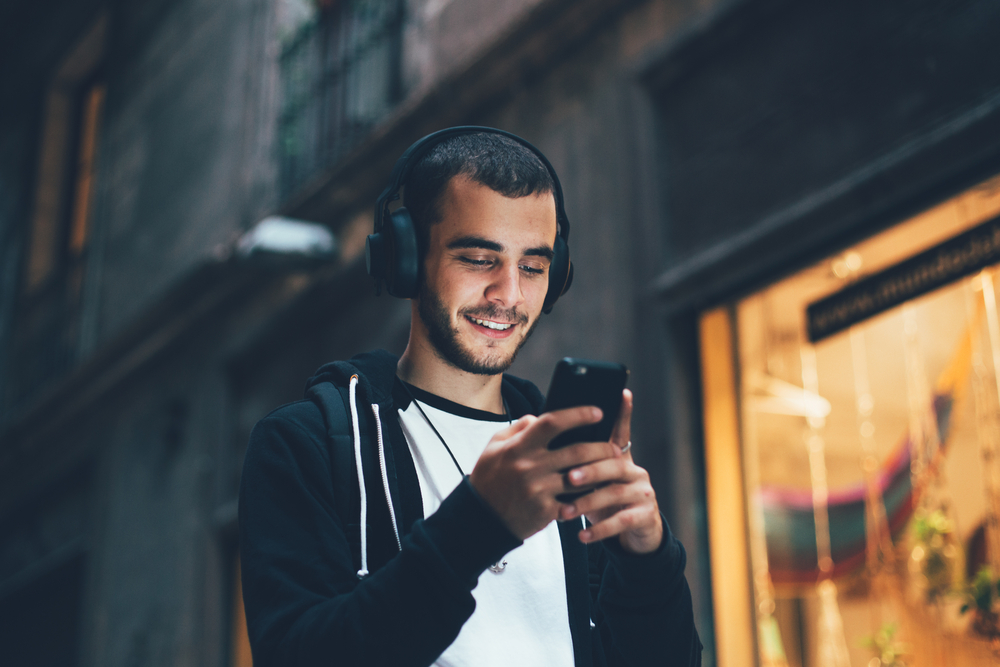
James is a music aficionado who has excelled in the art of integrating his favored music into his day-to-day life, easily shifting from Spotify at his desk to Pandora on his runs, and meticulously putting together playlists to beautifully enhance every activity, whether he’s working out, whipping up a meal, or immersed in a gaming session. His headphones are his constant companions, converting his life into a fully soundtracked experience. However, while James gets solace and joy in the immersive world of music, the very thing he loves could be silently weakening his precious sense of hearing.
Concerning our ears, there are both safe and unsafe ways to indulge in music. Sadly, many of us tend to incline towards the latter.
How does lengthy periods of music exposure lead to hearing loss?
As time pass, loud noises can cause deterioration of your ability to hear. Hearing loss is typically connected to getting older, but recent studies suggest that it is mainly triggered by damage from exposure to loud sounds rather than being a normal part of aging.
Younger individuals are more sensitive to noise-induced harm as their ears are still in the developmental phase. And yet, young adults are more likely to be dismissive of the lasting perils of high volume. A growing number of young individuals are experiencing hearing loss due to frequent use of loud headphones.
Is it possible to enjoy music safely?
Unregulated full volume is obviously the” dangerous” way to listen to music. There is a way to enjoy to music more safely, which usually means lowering the volume. The recommended safe volume levels are typically as follows:
- Adults should limit their device listening time to 40 hours or less and ensure the volume stays below 80 dB.
- For Teens and Minors: You can still listen for 40 hours, but keep the volume level below 75 dB.
Breaking it down, you’re dealing with approximately 5 hours and 40 minutes of listening every day. That seems like a lot, but it can go by rather quickly. Even still, most individuals have a pretty solid concept of monitoring time– it’s something we’re taught to do successfully from a very young age.
The more difficult facet entails keeping track of your volume level. Technologies like smartphones, computers, and TVs typically do not display volume in decibels. Its value is established utilizing a rather subjective or relative scale. Maybe it’s 1-100. But maybe it’s 1-16. You might not have any clue what the max volume on your device is, or how close to the max you are.
How to properly monitor your music volume
Numerous free noise monitoring apps can be found for both iPhone and Android devices to tackle this issue. These apps provide real-time information into ambient noise levels, enabling users to adjust their music volume appropriately.
Because of this, many audiologists suggest utilizing one of the numerous noise level tracking apps available at no cost. These widely obtainable apps, compatible with both iOS and Android platforms, provide instant sound-level feedback on the background noise around you. In this way, you can monitor the decibel level of your music as it plays and make adjustments as necessary.
A volume comparison: garbage disposals and beyond
As example, 80 dB is approximately equivalent to the noise emitted by a common garbage disposal or dishwasher– audible, yet not excessively loud. Recognizing this benchmark is crucial, as it represents the limit beyond which auditory damage becomes a tangible danger.
It’s important to exercise heightened caution when noise levels surpass this critical point. Consider limiting exposure to excessively loud music by indulging in select tracks at full volume instead of indulging in entire albums.
Repeated exposure to elevated volume levels can trigger hearing complications including tinnitus and eventual hearing loss. By remaining aware of when our ears move into the danger zone, we enable ourselves to make educated choices, with the ultimate goal of fostering safer listening practices.
Book an appointment for a hearing evaluation
For better prioritization of your hearing health, it is advisable to contact a hearing specialist to book a comprehensive hearing examination. Proactive steps such as regular screenings can identify any possible issues early on, enabling timely interventions and personalized suggestions to protect your vital sense of hearing.